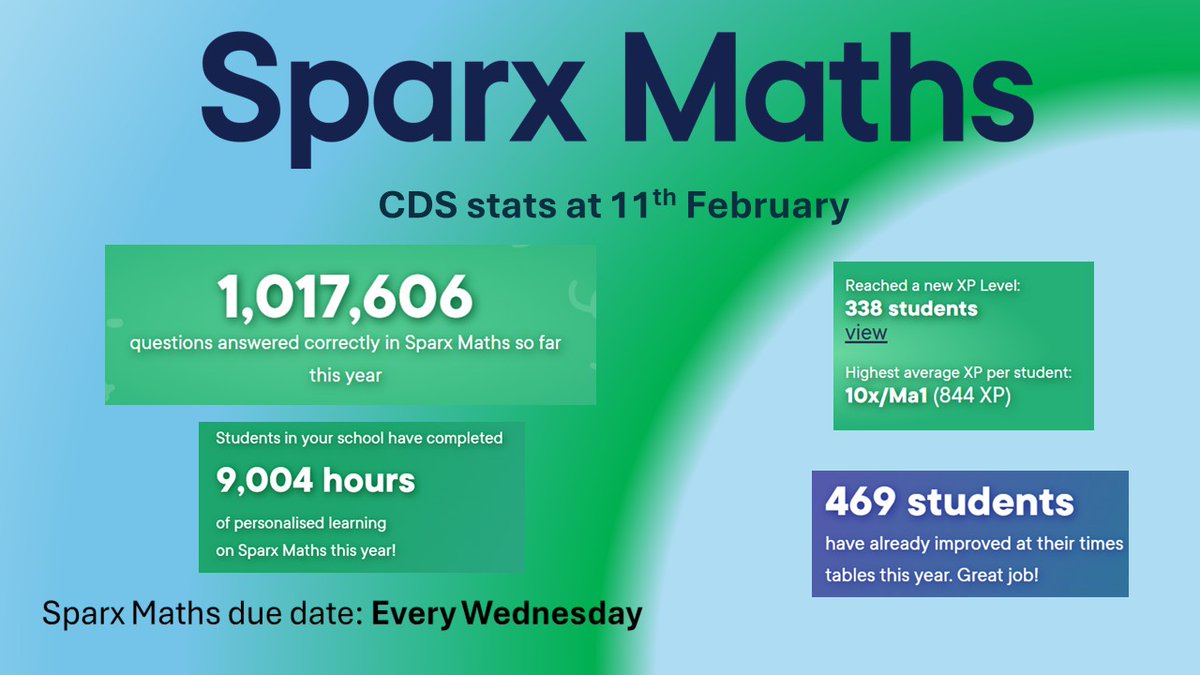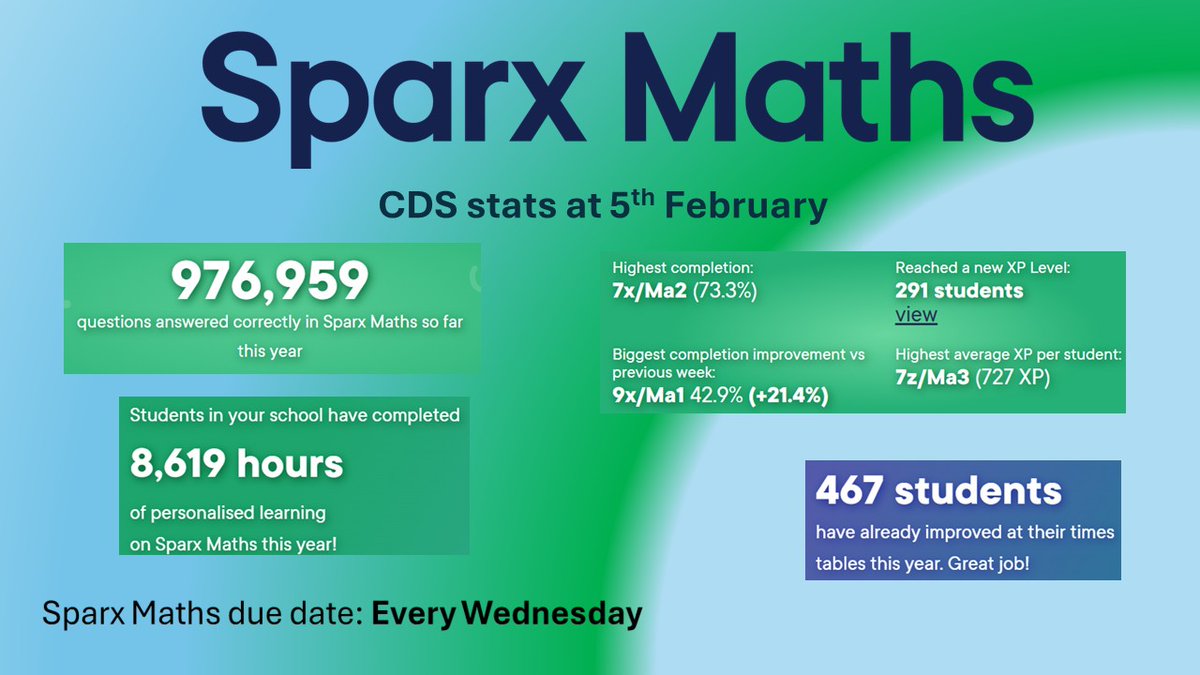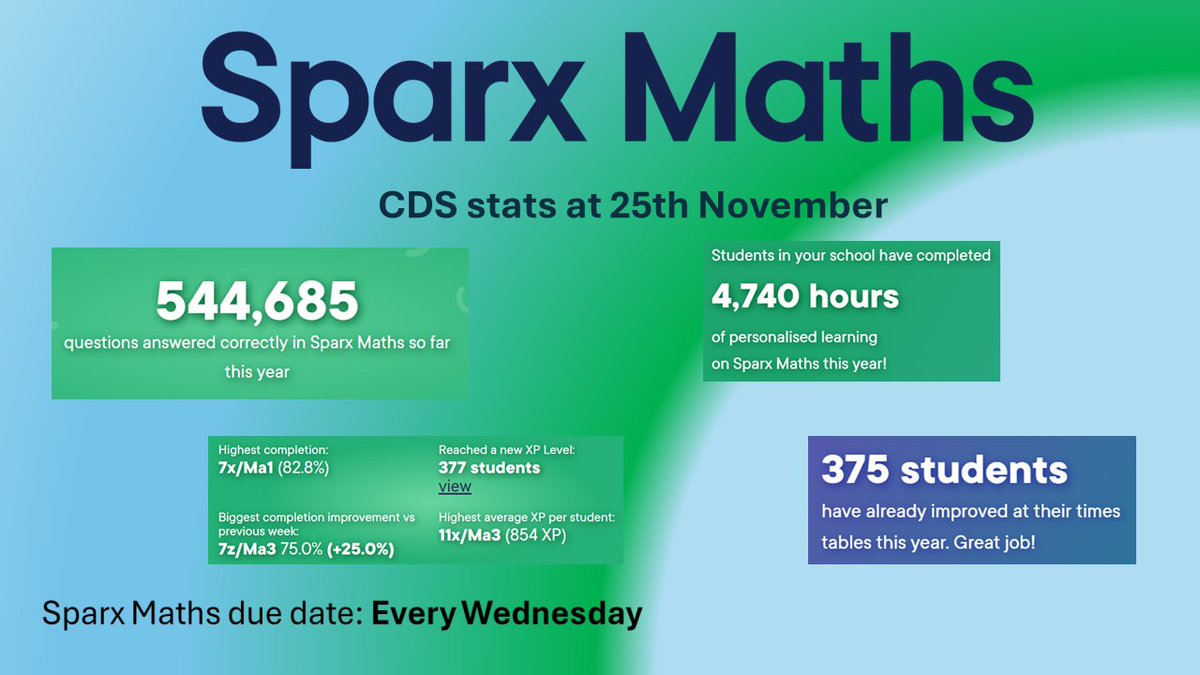Twitter @tcdskent

11/02/26
Y8 pupils produced some fantastic work in their Words as Art project! By researching typography and experimenting with colour blending, they created a collection of positive words that showcase their developing skills and understanding. Brilliant work! #cdsvisualarts
follow us @tcdskent

11/02/26
This week in KS4 Life Cooking Skills Club, we got into the Valentine’s spirit by making our own decorated shortbread — decorative, delicious, and made with LOTS of love! Wishing everyone a LOVELY,and relaxing, half term when it gets here! #cdslifeskills #cdsfood
follow us @tcdskent
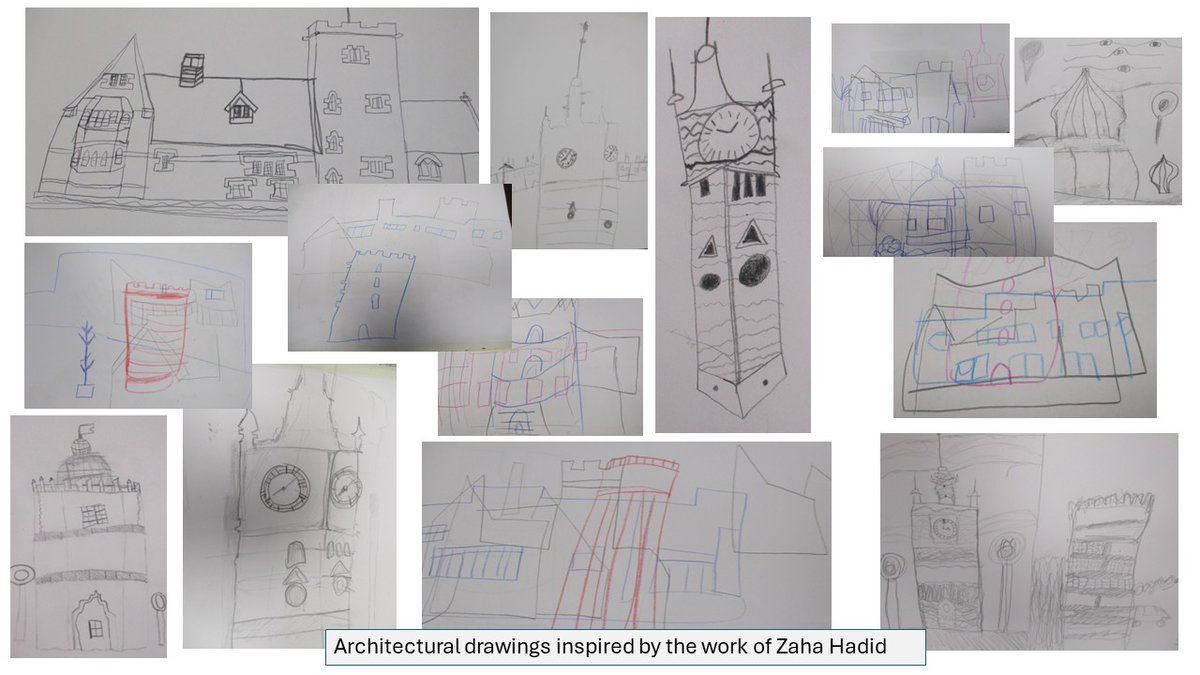
05/02/26
Amazing work from our Year 7 artists! Taking inspiration from Zaha Hadid, Antoni Gaudí and Hundertwasser, pupils explored abstract architecture using local landmarks as their starting point. Their creativity has truly shone through! #cdsvisualart
follow us @tcdskent

09/01/26
Our Y10/11 pupils have teamed up with Broadstairs & St Peters Town Council to bring you an unforgettable Winter Party at Pierremont Hall on 20 February, 7:00pm–9:00pm for all young people aged 13–17. Book your ticket now using this link! buy.stripe.com/28E3cu7lRcql6…
follow us @tcdskent

08/01/26
Exciting Opportunity for Parents and Pupils! We use Unifrog to help pupils make informed decisions about their careers and future options. There is a Virtual Apprenticeship Fair on 11/02/2026 4pm-6pm and you can sign up here: webapp.spotme.com/login/even…
follow us @tcdskent

06/01/26
We’re looking to connect with parents/carers, and local businesses to make learning real and exciting for our pupils. Whether you’re a chef, designer, engineer, healthcare worker, or anything in between, fill out our quick survey to get involved: forms.office.com/e/gQrTSyp7U…
follow us @tcdskent

19/12/25
Wishing all our CDS pupils and their families a very Happy Christmas! We hope you enjoy a restful and joyful holiday, and we look forward to welcoming everyone back on 5 January. Wishing you a Happy and Prosperous New Year!
follow us @tcdskent

18/12/25
Our school community came together for a Reverse Advent Challenge, with tutor groups collecting food donations for Thanet Food Link. We’re proud of the kindness and teamwork shown by pupils, staff, and families. Thank you for helping us spread hope and joy this festive season!
follow us @tcdskent

18/12/25
Our talented Year 9 Hospitality pupils have been busy baking and decorating the most incredible Christmas cakes, and the results are absolutely stunning! From festive designs to creative details, each cake is a masterpiece that truly captures the Christmas spirit.
follow us @tcdskent

17/12/25
We had an amazing two days this week, completing the first 2 Cultural Capital days of the year! Our pupils embraced a wide range of activities designed to broaden horizons and encourage new experiences. #cdsculturalcapital
follow us @tcdskent
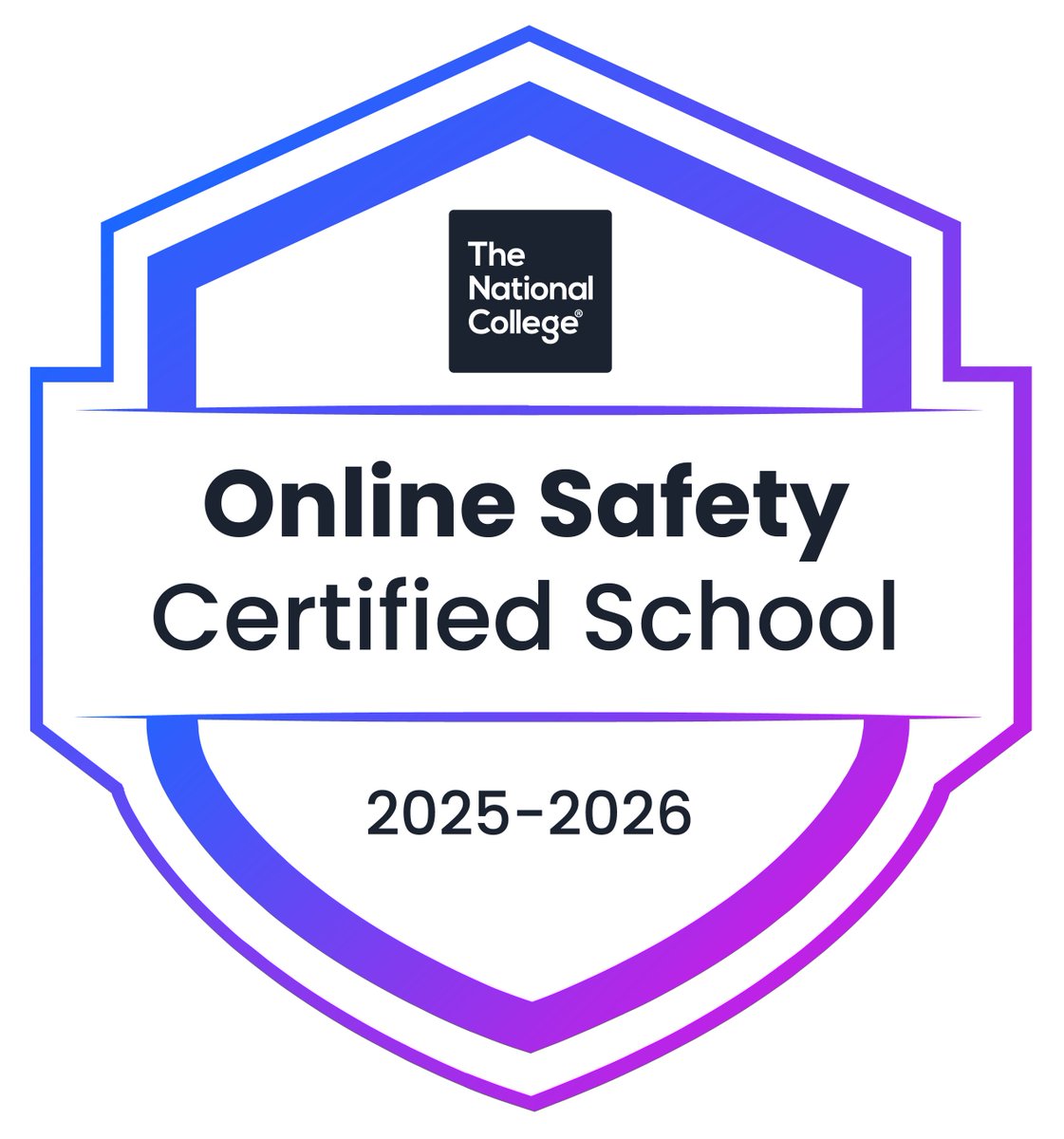
17/12/25
We're proud to announce that we’ve been awarded the National Award for Online Safety 2025-2026! This incredible achievement highlights our commitment to helping pupils navigate an ever-changing online world safely and confidently. Together, we’re building a safer digital future!
follow us @tcdskent

02/12/25
Y8 pupils have been getting into the Christmas spirit by creating adorable reindeer-themed burgers! They made smash burgers from scratch, Shaping the patties, pan-frying them to perfection, and then adding all the festive garnishes to turn them into these seasonal treats.
follow us @tcdskent

28/11/25
Our amazing CDS Engineering Club pupils have been busy soldering tiny connections, to bring their festive creations to life – flashing Christmas trees! This project isn’t just about Christmas cheer – it’s about learning real-world skills like accuracy, patience, and teamwork. Video
follow us @tcdskent

20/11/25
Our Life Skills Cooking Club is getting into the holiday spirit! Pupils rolled up their sleeves this week to make delicious cookie dough, and had a blast decorating with colourful sprinkles. Nothing says festive like sweet treats and creativity! #cdsfood #cdshospitality
follow us @tcdskent

18/11/25
Thanks to your incredible support we’ve raised £1,537 for Children in Need! Thank you to everyone who contributed – you’re amazing! Let’s keep spreading kindness and making positive change. #cdsChildrenInNeed #cdsThankYou #cdsCharity
follow us @tcdskent

14/11/25
Every child’s learning journey is unique, and as parents, your support can make all the difference! Attached are some practical ways to help your child thrive.
follow us @tcdskent

13/11/25
For Life Skills Cooking Club this week we were very lucky to have a special guest, none other than master baker Stephen Gadd from @Staplestores. We would like to thank Steve so much for the wonderful new experience and exciting opportunity he provided for our pupils! #cdsfood
follow us @tcdskent

11/11/25
Year 10 Graphics pupils were asked to design a brand and logo for a company. They created mock-ups of their designs so that we could see them in context. We think you’ll agree, there are some great designs here - Well done Year 10! #cdsgraphics
follow us @tcdskent

11/11/25
Ever feel like your voice isn’t heard as a young person? Vote in the KYCC elections! The countdown to this year’s Kent Youth County Council elections has begun and it is time to vote! kent.gov.uk/about-the-counci… We are lucky enough to have Tommy standing for election for KYCC!
follow us @tcdskent
